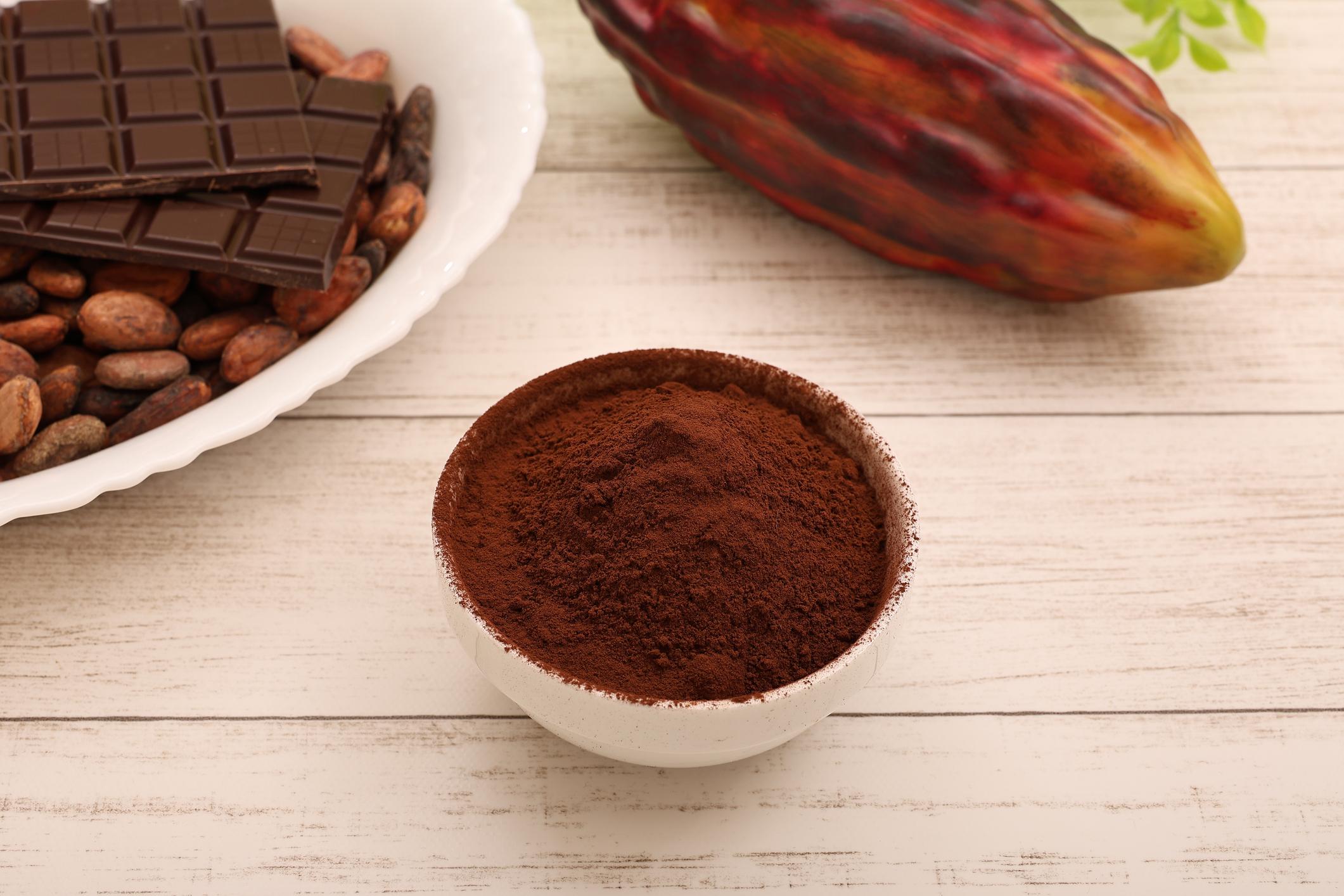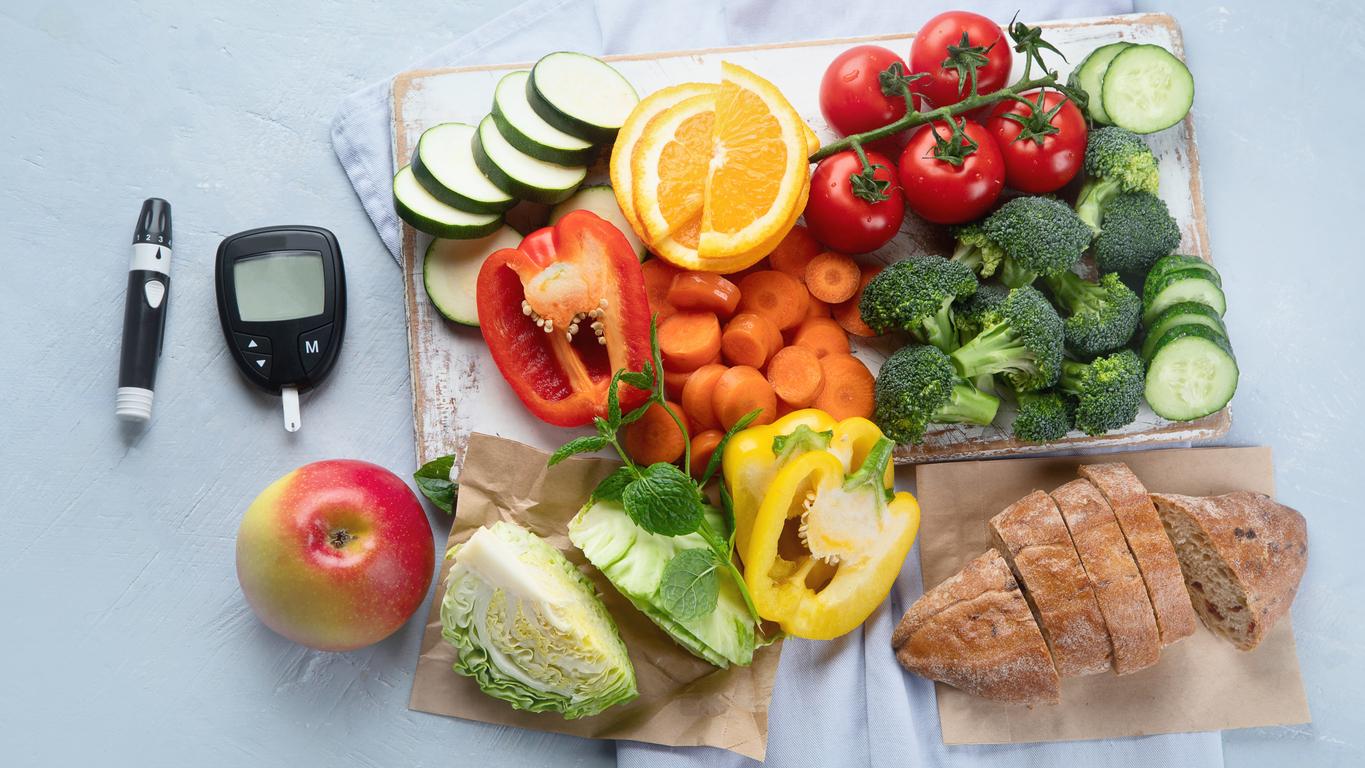Flu, cold, gastro…. Winter viruses put a strain on the immune system. Fortunately, food can provide it with the weapons that help it fight off illness and the cold.

“Nature is very well made. In winter, it provides the foods that our body needs to warm up or to strengthen its defenses. We should therefore not hesitate to rely on seasonal vegetables and fruits, raw and not transformed, when composing the menus”explains Angélique Houlbert, dietitian-nutritionist. The author of the book “100 low GI foods as much as you want” (Thierry Souccar Editions) has drawn up for Fait Docteur a list of products to include in our diet to help our bodies cope with winter, falling temperatures and viruses.
Garlic, leek, cabbage, endive: winter vegetables that boost your defenses
One of the first things to be vigilant about when the cold weather arrives is to have an alert and efficient immune system. And it turns out that the alliaceae family (garlic, shallot, onion, leek, etc.) – of which winter is the peak season – is home to numerous active compounds with anti-microbial, anti-infectious, and even anti-cancer properties.
“There is also the whole cruciferous family: all cabbages, radishes, black radishes. These are very interesting winter vegetables for immunity, because they provide fibers which ferment. These support the intestinal microbiota which is known to have a huge impact on immunity and the fight against pathogens”adds Angélique Houlbert.
If you are not a fan of cabbage or garlic, you can turn to endives which are also rich in fiber. Among other things, they allow you to stock up on inulin. These compounds contribute to the proper functioning of digestion. If you crave fruit, opt for apples.
Citrus fruits and fatty fish to stock up on vitamins
Don’t hesitate to finish your meals by peeling one or two clementines, tangerines or oranges… Citrus fruits are one of the main sources of vitamin C. The latter contributes to the proper functioning of the immune system and the nervous system. It also participates in the consolidation of collagen fibers and protects against oxidative stress.
The other point to be vigilant in winter is vitamin D intake. “We only produce vitamin D in summer during exposure to the sun and then store it. Very often, these reserves are exhausted in winter. However, vitamin D3 is essential for the immune system: they are the first and the body’s second lines of defense. I recommend consuming foods that contain it, such as fatty fish: sardines, mackerel, salmon…”adds the specialist.
If cod liver does not have a good press, it turns out to be very interesting in winter with its high levels of vitamin D and vitamin A. The nutritionist-dietician has a tip for eating it more easily: rely on cod liver. whole cod rather than the famous oil. “If you opened a small can of cod liver and put it on toast, it goes down well. Even the children like it.”
Carbohydrates and proteins to withstand the cold and help the body
If in summer, it is advisable to favor fruits and vegetables full of water to ensure good hydration, in winter do not hesitate to turn to tubers and root vegetables: carrots, sweet potatoes, beets, parsnips…
“They will provide you with carbohydrates. What we need most in winter because our bodies use them to keep warm“, indicates Angélique Houlbert.
And don’t forget to eat protein! They support the production of immunoglobulins or antibodies, proteins made by white blood cells that help fight infection. “Moreover, it is not uncommon to feel down in the fall and winter. The neurotransmitters – serotonin, dopamine, melatonin – which play an essential role in mental health, are produced thanks to It is therefore recommended to have sufficient protein intake. That is to say approximately 0.8 g of protein per kilo of weight per day for a healthy adult.
However, don’t rush for a rib of beef, a roast pork or a duck breast. “It’s good if half of the proteins consumed are of plant origin: consider adding a handful of oilseeds to your menus”specifies the expert. Almonds, hazelnuts, walnuts or even sunflower and pumpkin seeds, sesame, flax… These oilseed foods have another advantage. In addition to vegetable proteins, they provide good lipids which are digested slowly.
The nutritionist-dietician also suggests having natural yogurt for breakfast or dessert. “In addition to proteins which support the immune system, yogurt also provides probiotics which strengthen the microbiota. This is an asset when you want to fight against winter viruses.”
Polyphenols: summer fruits… yes, but frozen
If the nutritionist advises to favor winter fruits and vegetables… in winter, you do not have to give up the “stars” of summer: strawberries, raspberries, currants…. Quite the contrary, because they contain a huge number of polyphenols, antioxidants which help, among other things, to prevent cardiovascular, inflammatory and neurodegenerative diseases.
“In winter, we spend even more time on our screens. However, we know that these little berries protect our brain and our eyes“, underlines Angélique Houlbert. How can you not ignore these foods, once their season has passed? You just have to buy them frozen. “It may be interesting to consume a red fruit coulis prepared and frozen in winter when they ripen in summer. This allows you to benefit from all their benefits months later”adds the specialist.
She then specifies: “we can do the same thing with tomatoes. They contain lycopene”. It is an antioxidant, known to fight against free radicals.
Food: what are the best winter dishes for health?
Winter dishes awaken the appetite of many gourmets. But are they good for our health and our body? “Blanquette and beef bourguignon do not present any nutritional concerns, because there is always raw meat and vegetables. They are good winter dishes.”
For the big stars of cold weather, tartiflette and raclette, it’s another story. “It really has to remain exceptional, because these dishes lead to filling up on salt, animal proteins and fats. In addition, there are no vegetables. I remind you, in fact, that potatoes is not a vegetable, but a tuber which has a high glycemic index”adds Angélique Houlbert.
To try to balance the menu during “raclette” evenings, eat a large green salad at the same time, prefer white ham (nitrite-free) to salami and give pride of place to pickles. Also limit aperitif cakes. “This adds calories and salt to an already significant nutritional addition.”
“Sauerkraut is more interesting than tartiflette, because it has a base of fermented cabbage. This can be interesting for the microbiota and immunity. On the other hand, it is very salty, you have to be very careful”warns the nutritionist.
“In fact, winter dishes – which are a little richer, a little fatter, were especially interesting at the time when people worked outside and there was no heating. You shouldn’t l ‘forget when we sit down to eat’concludes the dietician.

















